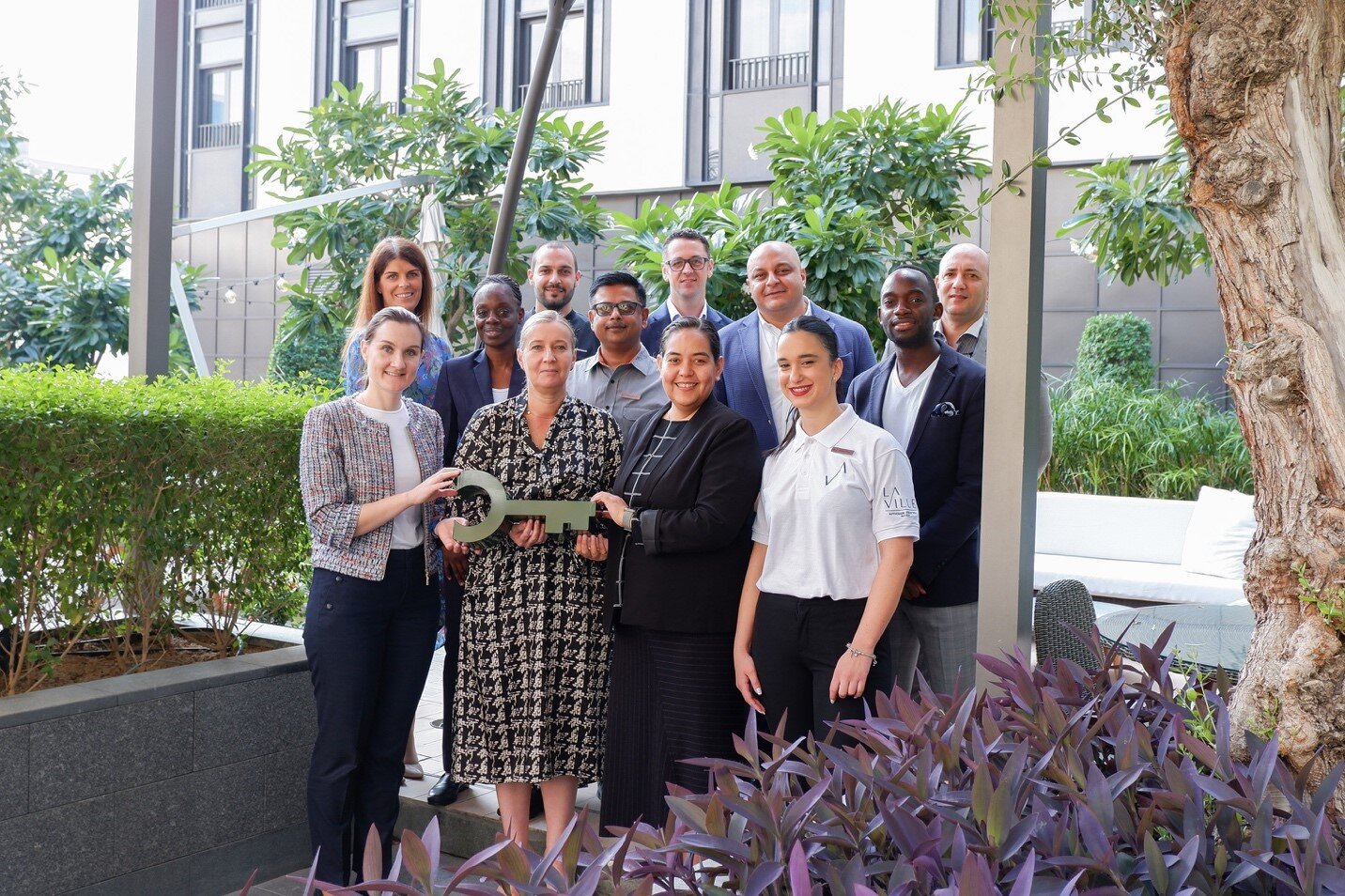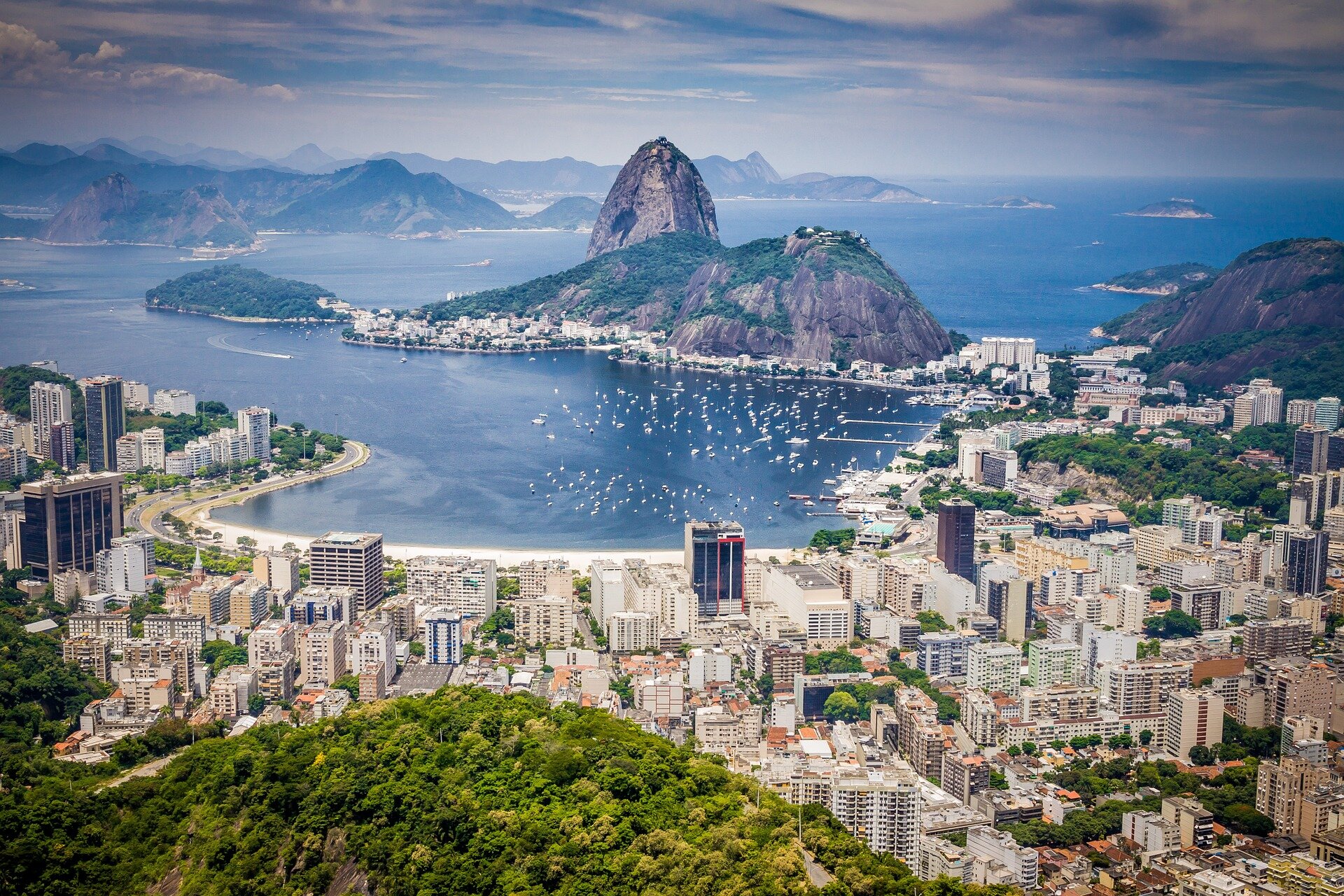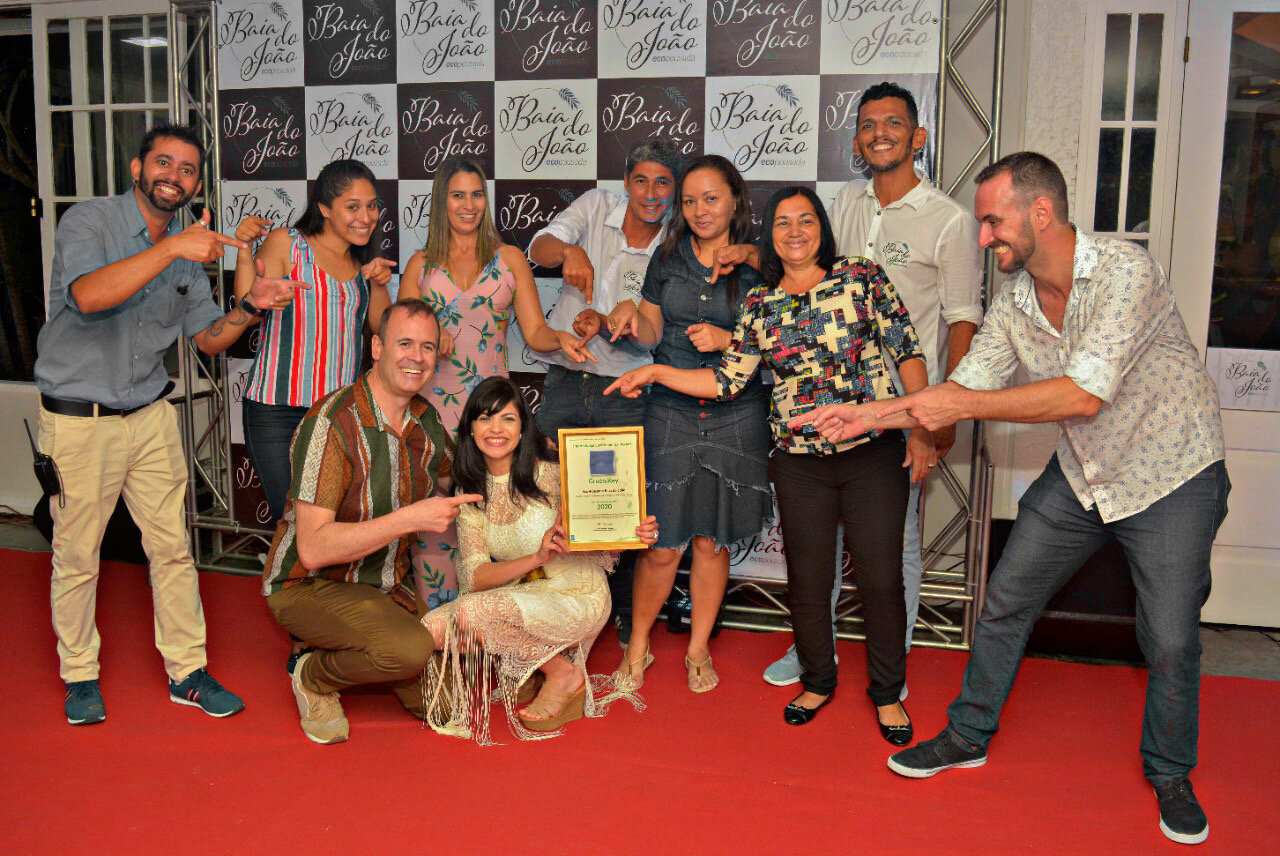Last week, Green Key’s International Coordinator Isabel Lissner represented the Foundation for Environmental Education in an expert panel discussion to share best practice examples of how tourism can contribute to the achievement of the SDGs. She focused on how tourism ecolabels can contribute to SDG 12: Sustainable Consumption and Production.
At this year’s tourism fair FITUR in Madrid, Isabel Lissner was invited to share FEE’s contribution to the achievement of the SDGs in tourism. Isabel has represented FEE in the Affiliate Members Department of the UNWTO’s working party on SDG support since spring 2019. The working party has developed a survey for the tourism industry to evaluate which SGDs are being tackled and which require more attention by tourism stakeholders. The ultimate goal of the working party on SDG support is to collect and disseminate best practice examples that can be easily adopted in different geographical areas and contexts.
At the panel discussion, representatives of IUF-UITA-IUL, the World Leisure Organisation, Chameleon Strategies, FITUR Next, Hosteling International, IATA, NH Hotel Group and FEE were present to share their experiences on specific SDGs. Isabel Lissner talked about SDG 12 – Sustainable Production and Consumption – and how tourism ecolabels can contribute to the achievement of this goal.
She explained that ecolabels like Green Key are a tool for the awarded businesses to monitor their consumption, as many certification programmes ask for annual or monthly water and energy consumption data, for example. The programmes then help the businesses analyse the data and provide tools and guidelines to optimise consumption. In addition, ecolabels encourage their awarded establishments to make more sustainable choices - for example by purchasing local products or those that have a smaller environmental footprint such as organic or fair-trade alternatives.
Furthermore, she explained that ecolabels support sustainable consumption on the traveller’s side. They increase the visibility of sustainable businesses and help consumers distinguish between those that only claim to be green and those that went through a proper accreditation process to prove that they are, in fact, operating sustainably. In addition, ecolabels help consumers adopt more responsible behaviour in the destination they are visiting. Various studies, such as the one from Booking.com, revealed that travellers want to be more sustainable. At the same time, however, they do not seem to be familiar with tourism ecolabels and do not know how to travel more responsibly.
She concluded that there is still an attitude-behaviour gap among travellers but also among businesses, as the low number of awarded establishments worldwide proves. So, while tourism ecolabels have big potential to support sustainable consumption, there are still some barriers that need to be overcome.
She explained that, mainly, certification bodies need to become better at proving the effectiveness of their ecolabels to show businesses that the costs of implementing an ecolabel do pay off. Secondly, certification bodies, tour operators and booking and destination marketing agencies need to better promote ecolabels to raise customer awareness. Establishments will only be willing to invest in an ecolabel if they feel a customer demand for it. Thirdly, the vast number of existing ecolabels is confusing for both businesses and travellers. As there are a lot of less serious ecolabels on the market, it is important for ecolabels to be transparent and verified by a third-party.
The panelists from left to right: Emilio Ferrero Lopez (IUF-UITA-IUL), Cristina Ortega Nuere (World Leisure Organisation), Jens Thraenhart (Chameleon Strategies), Amb. Ion Vilcu (Director of the UNWTO Affiliate Members Department), Mara Balestrini (FITUR Next), Brianda Lopez (Hosteling International), Yue Huang (IATA), Isabel Lissner (Green Key), Marta Martín (NH Hotel Group), Roxana Ashtari (Project Specialist, UNWTO Affiliate Members Department)
















